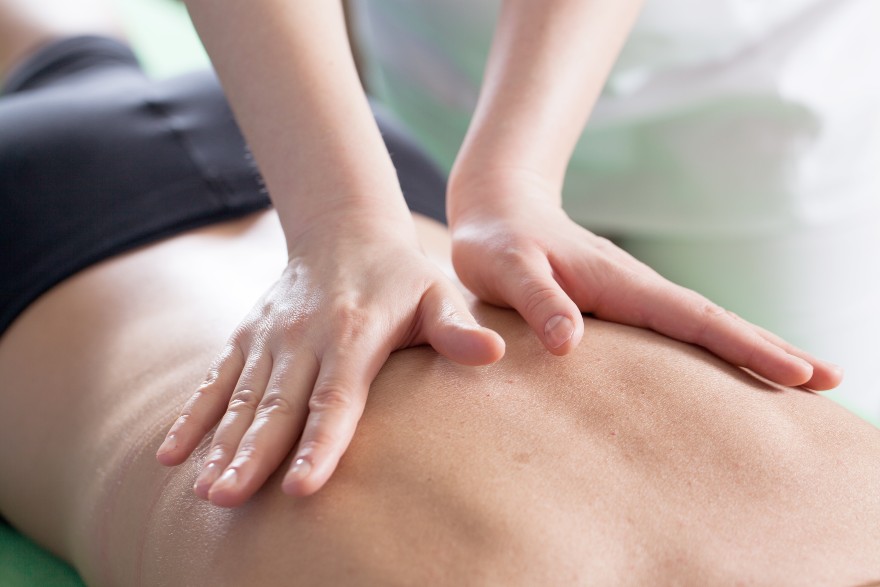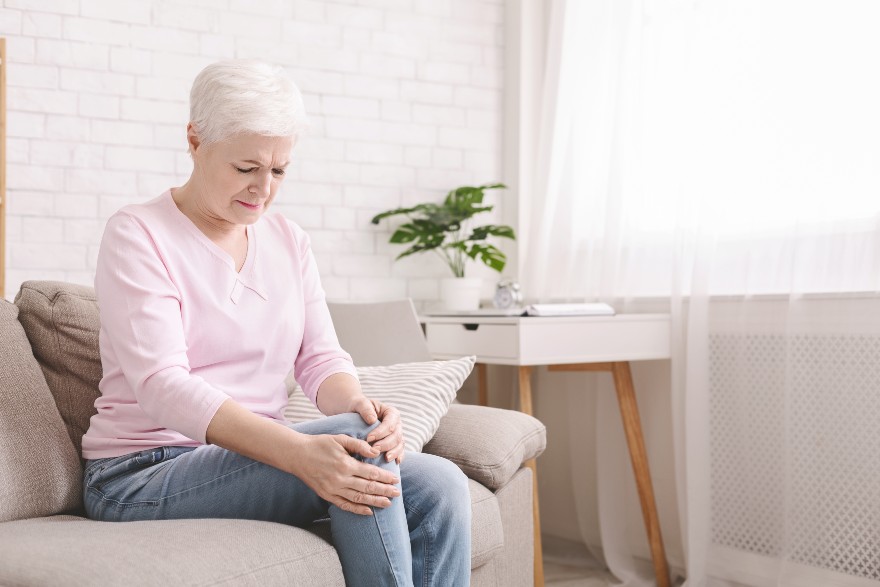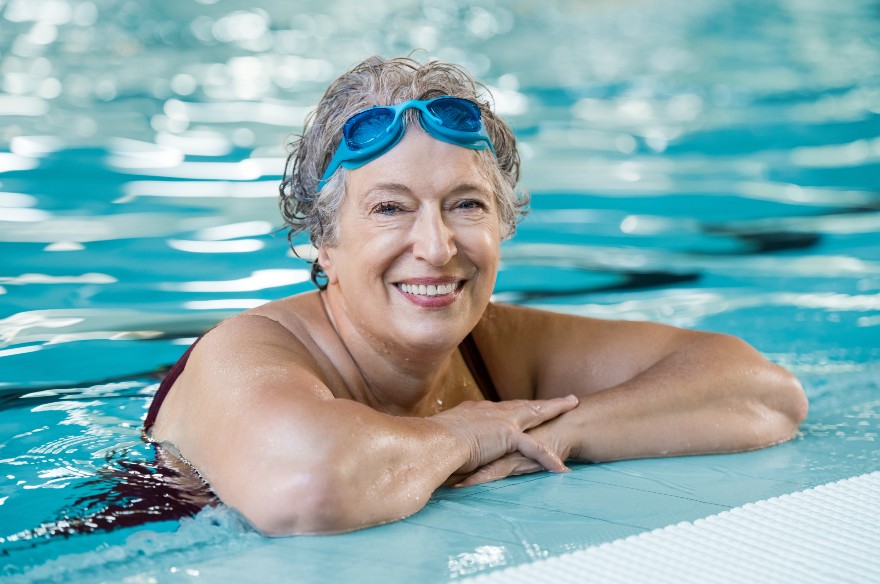At the onset of the pandemic 2 years ago, the one expression that was used often was that “we were all in the same boat.” It’s not a new expression or metaphor; it’s one that is often used to create a sense of solidarity or unity in the face of uncertainty. However, like any metaphor, it had its limitations. People began to recognize that although we all faced the same pandemic, our unique circumstances meant that each of us would experience this global challenge in unique ways. Some people have done very well both emotionally and physically while many have struggled and experienced loss and failure. No two people could possibly experience this phenomenon the same way.
However, what human beings have a tendency to do is to universalize their personal experience and circumstances. They lose awareness that their experience may not be the experience of others. I (Albert) had the opportunity to be in Japan prior to the pandemic and I observed many people wearing masks both indoors and outdoors. When I enquired about this, one local’s response was that people in Japan who are feeling unwell will wear a mask out of consideration to avoid transmitting their illness to others. This was neither required nor mandated by the Japanese government. This was simply a part of the Japanese culture.

Very quickly at the onset of the pandemic, our Clinic’s response was that our policies and procedures needed to protect those who are the most vulnerable. We are a health care facility, providing health care services. We are not Home Depot or Walmart. Physiotherapy and Massage Therapy are close contact services. Maintaining a 2 meter distance from our patients is not possible. For 6 weeks, when all businesses were mandated to close, our Clinic did very well providing TeleRehab services. When our Clinic was allowed to open for in-Clinic services again, it was obvious that many of our patients preferred this latter mode of service delivery despite the success of TeleRehab. However, how can we protect ourselves and our patients, especially the most vulnerable? On any given day, our Clinic will treat seniors living in group settings and people who are immuno-suppressed either from concurrent medical treatments or from an existing health condition.
The immune system is one of the most complex systems in the human body. It is a complicated network of cells, tissues and organs whose primary function is to detect and eliminate infections. To function properly, the immune system must be able to distinguish between self (tissues/cells that normally belong in the human body) versus non-self (foreign organisms like bacteria, viruses and fungi that need to be eliminated). Failure to do so causes the immune system to malfunction, leaving the person unable to effectively resolve an infection or disease. A person whose immune system does not function properly is considered immunodeficient, immunocompromised or immunosuppressed.
Immunodeficiency can be roughly separated into two categories – primary and secondary. Primary immunodeficiency is usually caused by genetic changes that disrupt the normal immune response. It is usually diagnosed during infancy or in early childhood, but it can arise later in life as well (1). Examples of primary immunodeficiency are disorders such as Severe Combined Immunodeficiency Syndrome (SCID), where there are mutations in genes involved in the function of infection-fighting B and T-cells, or X-linked Agammaglobulinemia (XLA), where the body cannot produce certain type of antibodies (2).

Secondary immunodeficiency arises because of a primary illness or environmental factors, causing the immune system to not work properly (1). Such factors could be infection with a virus that preferentially infect immune cells (HIV), malnutrition, fairly prevalent conditions such as cancer, diabetes, arthritis, liver/kidney disease, especially if they are poorly managed. Immunosuppressive medications are often prescribed to patients who suffer from autoimmune diseases such as lupus or rheumatoid arthritis, as well as patients who suffer from certain cancers or have received organ transplants. Elderly individuals are more likely to be secondary immunocompromised as they are more likely to be diagnosed with conditions that affect the immune response and be put on immunosuppressive medications.
Immunosuppression has been a hot topic in the last 2 years since the COVID-19 pandemic began, as it is one of the major risk factors for severe respiratory disease and death (3). Unfortunately, it is also quite prevalent in society. We all know someone who fits at least one of the abovementioned criteria for immunodeficiency. Immunosuppressed people tend to require physiotherapy services quite frequently, as physical activity is a key management strategy of many of the conditions that lead to immunosuppression.

Physical activity can help immunocompromised individuals boost their immunity. Routine participation in moderate intensity physical activity (~150 minutes per week) has been shown to positively influence immune function without exacerbating systemic inflammation in adults (4). Even short bouts of physical activity have been shown to provide protection from viral infections (4), emphasizing the fact that any structured physical activity is beneficial. However, a personalized approach to physical activity is always recommended, as different people have different physical abilities. This is where a visit to your local physiotherapist will help.
In the last year there has been extensive research to determine the appropriate tools to protect this vulnerable population from the increased risk associated with COVID-19. It has been determined that masking is an effective tool that reduces the rate of infection and death from COVID-19. (5,6).
Therefore, even as the world transitions to an endemic response to this virus, our Clinic’s response however, must remain the same. All of our patients will still be required to complete a COVID screening form prior to attending the Clinic. As health care providers, we recognize that we cannot refuse care to those patients who choose not to wear a mask. We can only ask kindly that you do so, out of consideration to others in the Clinic who have health conditions that are still vulnerable to this virus. There are many aspects of Canadian culture that is admirable. However, let’s consider the one from the folks from Japan. Please wear a mask in our Clinic out of consideration for others whose immune response is different and inferior to yours.
References:
- Immunodeficiency. British Society for Immunology. (n.d.). Retrieved March 27, 2022, from https://www.immunology.org/policy-and-public-affairs/briefings-and-position-statements/immunodeficiency
- U.S. Department of Health and Human Services. (n.d.). Types of primary immune deficiency diseases. National Institute of Allergy and Infectious Diseases. Retrieved March 27, 2022, from https://www.niaid.nih.gov/diseases-conditions/types-pidds
- Booth, A., Reed, A. B., Ponzo, S., Yassaee, A., Aral, M., Plans, D., Labrique, A., & Mohan, D. (2021). Population risk factors for severe disease and mortality in COVID-19: A global systematic review and meta-analysis. PLOS ONE, 16(3). https://doi.org/10.1371/journal.pone.0247461
- Deepika R. Laddu, Carl J. Lavie, Shane A. Phillips, Ross Arena. Physical activity for immunity protection: Inoculating populations with healthy living medicine in preparation for the next pandemic. Progress in Cardiovascular Diseases, Volume 64, 2021, Pages 102-104, ISSN 0033-0620, https://doi.org/10.1016/j.pcad.2020.04.006.
- Howard, J., Huang, A., Li, Z., Tufekci, Z., Zdimal, V., van der Westhuizen, H.-M., von Delft, A., Price, A., Fridman, L., Tang, L.-H., Tang, V., Watson, G. L., Bax, C. E., Shaikh, R., Questier, F., Hernandez, D., Chu, L. F., Ramirez, C. M., & Rimoin, A. W. (2021). An evidence review of face masks against covid-19. Proceedings of the National Academy of Sciences, 118(4). https://doi.org/10.1073/pnas.2014564118
- Brooks JT, Butler JC. Effectiveness of Mask Wearing to Control Community Spread of SARS-CoV-2. JAMA. 2021;325(10):998–999. doi:10.1001/jama.2021.1505
Submitted by Georgi Trifonov and Albert Chan

